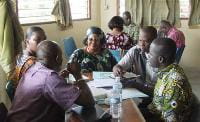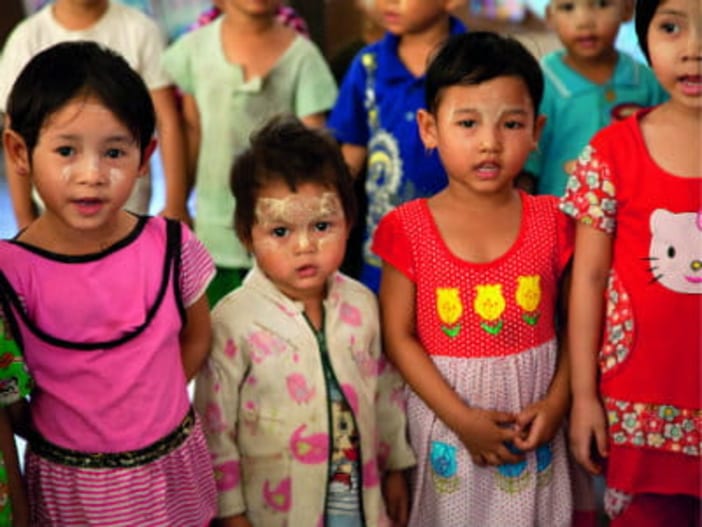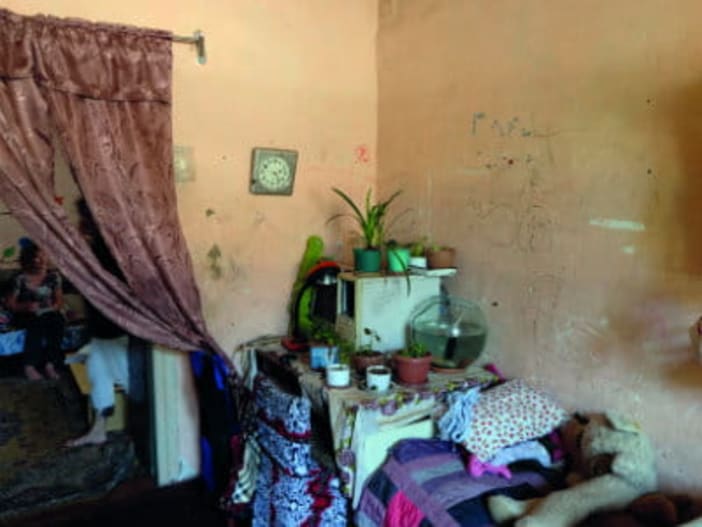The world is changing constantly and in order to respond to the many challenges facing the people we are seeking to serve as an organisation, we need to be continuously learning and adapting.
At Tearfund we have done a lot of thinking about how our learning and experience can help us to improve our organisational performance, and achieve our shared vision which is to see 50 million people being released from material and spiritual poverty through a network of 100,000 local churches. We are also committed to helping individuals to learn, grow and develop into the people God intended them to be.
How we learn
Children start to learn from the moment they are born, and often they learn in their own way. They learn by copying the behaviour of other children and adults. They learn from their parents and teachers, and by asking lots of interesting questions. They learn from their mistakes and failures, and by practising new skills and talents. They use their imagination and creativity to extend what they have learnt.
As adults we continue to learn in very similar ways. We can learn on our own or with others, but learning together is an exciting opportunity and challenge for any organisation, church or community. Learning with others can help us to be more imaginative, to dream, innovate and create new things. Often, by sharing our ideas and the things that we are passionate about with others, as well as the things that we are worried about, we can develop a much better solution to our shared challenges.
Asking good questions
We are on a journey of discovery as we try new approaches to organisational learning. Groups of people learn in lots of different ways, but asking questions is an important part of learning, both together and as individuals. It helps us to challenge ourselves and others about what we do and the way that we do it. Here are some of the questions we have been asking:
- What are the things that we need to know in order to have the greatest impact?
- What are the activities we need to get better at doing?
- Should we stop doing some activities?
- What are the problems or challenges that we are trying to solve?
- Where can we find the right information to help us?
- Who can help us?
- What do our staff need in order to help them do their jobs better?
Stimulating learning
We are experimenting with different approaches and tools to help us to answer these questions and learn:
- Learning reviews (see box at the bottom of this page for more information)
- Coaching: one-to-one conversations that develop a person’s skills, knowledge and ideas, to help them grow and be more effective in whatever they want to do. The coach does not need to have any specialist knowledge, they just need to ask good questions which help the person being coached to reflect and find solutions to their challenges.
- Communities of practice: groups of people who are interested in a particular topic and want to explore it together. They share learning, enable better decision-making, look ahead to opportunities coming in the future, make a space for innovation and create good practice information.
- Storytelling: sharing stories with each other which help to inspire, inform and spread innovation. They can be about a project, process, event or relationship.
We have chosen these approaches because they reflect the importance that we place as an organisation on strong relationships.
Learning from mistakes
We are also recognising that it is challenging to admit that we have made a mistake, or that we are finding it hard to do something. But the important thing is to learn from our mistakes and failures so that we can do things differently next time. We can learn to change what we do and how we act in the future by asking ourselves what worked well this time and what needs to be improved. We have used learning reviews to help us with this process.
If we choose not to learn from our mistakes, and therefore fail to change as an organisation, there are serious risks. Bad practices will be repeated and damage the quality of our work and relationships in the long term. Staff will become ineffective and demotivated, lacking the latest knowledge to do their jobs. Ultimately, our impact as an organisation will be reduced.
Space to learn
Creating a culture of learning in an organisation requires introducing initiatives which will help people to reflect, discuss and make changes. Whatever the size or type of organisation, you can introduce opportunities for people to learn. You could start a team storytelling time where staff share something that happened that week and what they learnt. You could introduce learning reviews for all your projects. You could commit to learning as a group about a topic relating to your work. Be creative!
Learning in the workplace will help individuals and organisations to grow. At Tearfund we are enjoying the journey of discovery as we learn to learn more effectively!
Astrid Foxen is Head of Knowledge and Learning at Tearfund.










